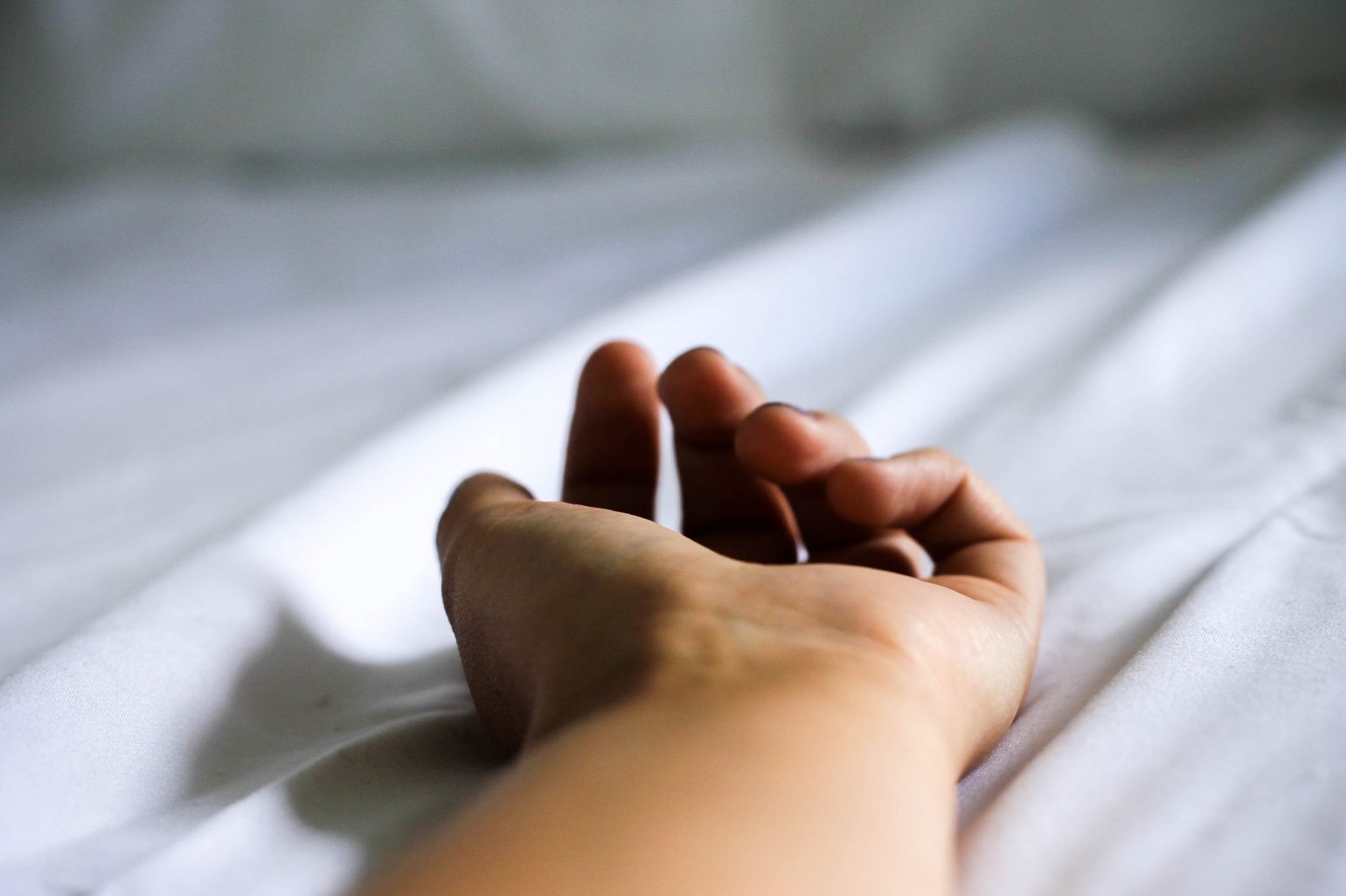World Sleep Day 2020
World Sleep Day 13th March 2020
This week is Sleep Awareness Week, culminating on Friday 13th with World Sleep Day. This is a time for people to think about the importance of sleep and how to improve it. The National Sleep Foundation’s annual Sleep in America® poll, released this month, shows that people feel sleepy on average three times a week. The majority of those feeling sleepy said that it was because they did not have good quality sleep.
Why is sleep so important?
Sleeping well has been show to reduce depression, anxiety, helps weight loss, combat diabetes, lower heart disease & stroke risk, it helps protect you from cancer and protects you from dementia. You repair body tissue and grow while you sleep, regulate your hormones and increase your immunity. Also, you process learning and memory during your sleep. Overall, sleep is like a miracle wonder drug… but the most incredible thing of all is that sleep is free! If you can make sure that you get 7-9 hours sleep per night, you will maximise your overall health and wellbeing while you sleep.
Studies have shown that people who sleep for less than the recommended 7-9 hours each night have weaker immune systems, and are more likely to develop PNEUMONIA and catch the COMMON COLD.
To improve your overall health and wellbeing, improving your sleep is a no brainer. March the 13th 2020 is World Sleep Day, and March itself is National Bed Month. And So To Bed want to highlight the importance of sleep and how you can improve your sleep.
Your bedroom
Your bedroom is where the magic happens. It is important to make your bedroom as calm and relaxing as you can. Clutter and distractions will keep your mind busy, and make it hard to switch off at night. Keep technology out of the bedroom so that you aren’t tempted to start watching or reading something when it is time to sleep. Also, tablets and phones can emit blue frequency light which actively disrupts sleep. If you do use your phone in the evening or in your bedroom, activate “night mode” to reduce or eliminate the damaging blue light. Keep your bedroom cool (around 16-18 degrees Celsius is ideal). If you are too hot or too cold then your sleep will be disrupted. Keep your room dark - if you don’t have very dark curtains, consider using an eye mask.

Essential oils
There is evidence from scientific studies that essential oils, especially lavender can help sleep. You could try using a diffuser in the room to fill your bedroom with relaxing fragrances at bedtime, or sprinkle a couple of drops on your pillow. Don’t use essential oils when pregnant or in children’s rooms however.
Your bed
Invest in a good quality mattress, luxury bed and bedding. An unsupportive mattress will give you a poor sleeping posture resulting in aches and pains. If you are tossing and turning trying to get comfortable, or you wake with back pains, then it might be a sign that it is time to change your mattress. Your bed should be supportive for your body type - which means you will need to go and try out the beds before you buy. And So To Bed have bed advisors who can help you choose the right bed for a perfect night’s sleep. If you usually share a bed with someone else - make sure that you both test out the bed together.

Exercise
To help you fall asleep quicker and sleep more deeply, look at your exercise levels. Aerobic exercise (such as a brisk walk or playing badminton with friends) helps you to sleep more deeply. Yoga or pilates help you to feel more calm and relaxed, which can help you fall asleep faster. Try not to exercise right before bedtime though, or else you might be too aroused to sleep.
Managing worries
If you find that you are very anxious at bedtime, and your mind is racing with worries from the day, it can be very helpful to make time during the day to do your worrying. You can set aside fifteen minutes during the day to do your day’s worrying. During this worry period get a pen and a piece of paper and write down anything that is on your mind. The fact that you have written things down can really help your brain to let go of them, helping your mind be calm and relaxed at bedtime.

Regular bedtime
One of the very best things that you can do to improve your sleep is to have a regular bedtime and wake time seven days per week. This helps our circadian rhythm to learn when to become sleepy, and when to wake up. Also, having a regular sleep schedule makes sure that you prioritise sleep, and don’t get distracted by watching a third Netflix episode when you really should be sleeping. It is a great idea to set a bedtime reminder on your phone to give you that nudge to go to get ready for bed and go to sleep on time.
This World Sleep Day, and during National Bed Month, take a look at your sleep and how you could improve it. Zzzzzzzzzzzz
Dr Lindsay Browning from Trouble Sleeping is a sleep expert, Chartered Psychologist and neuroscientist. She is the Sleep Ambassador for And So To Bed. She is the author of the self-help sleep book Navigating Sleeplessness and can be found on all social media @DrBrowningSleep. Browning works with individuals and companies to educate about better sleep and to resolve sleep problems such as insomnia. You can follow her on Twitter, Instagram and Facebook.
-
Posted by Dr Lindsay Browning
13th March 2020


